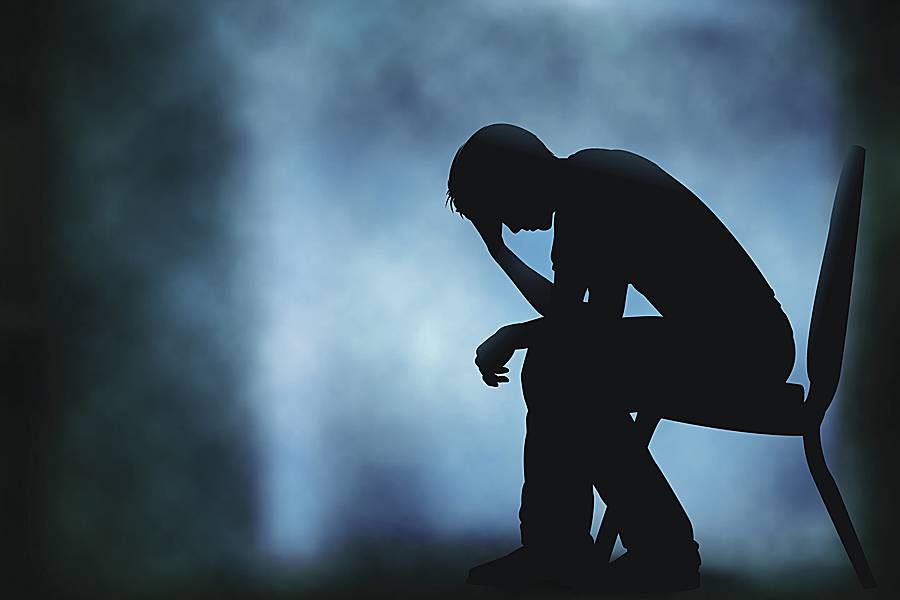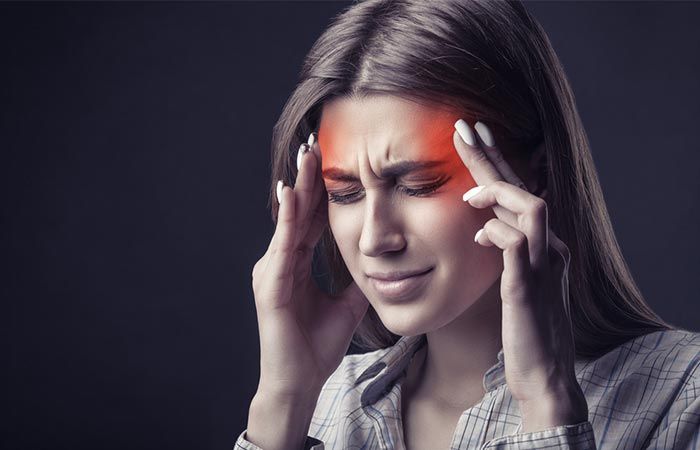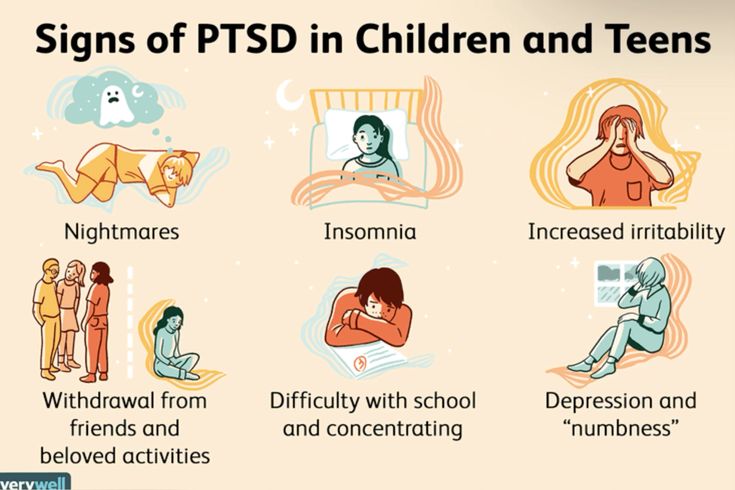Depression: Causes, Symptoms, and Treatments Recommended by Doctors
According to the National Institute of Mental Health (NIMH), depression affects more than 21 million adults annually in the US, making it one of the most prevalent mental health issues. Depression is a severe mood disease that affects everyday functioning, relationships, employment, and general health. It is more than just feeling depressed.
This article examines the causes, signs, and efficient treatments for depression that are suggested by top mental health organizations and physicians in the United States.

Depression: What Is It?
Major depressive disorder (MDD), the medical term for depression, is a mental illness marked by a range of emotional and physical issues, as well as a persistent sense of melancholy and loss of interest or pleasure in activities.
Depression Types
The American Psychiatric Association divides depression into several categories, such as:
- MDD, or major depressive disorder
- Dysthymia, a persistent form of depression
- Bipolar Disorder
- SAD, or seasonal affective disorder
- Depression after childbirth
Every type has different triggers and methods of treatment.
Depression’s causes
According to medical professionals at Johns Hopkins Medicine and the Mayo Clinic, depression is brought on by a confluence of
- Differences in biology: People who suffer from depression frequently experience physical alterations in their brains.
- Mood stability is influenced by neurotransmitters, which are substances found in the brain.
- Hormones: Depression may be brought on by hormonal fluctuations or abnormalities.
- Genetics: There may be a genetic component to depression because it runs in families.
- Stress and trauma include financial difficulties, the death of a loved one, abuse, and high-stress situations.
- Medical conditions: Depression may be brought on by pain, chronic illnesses, or certain drugs.
Depression symptoms
If any of these symptoms last longer than two weeks, American physicians advise getting evaluated by a physician:
- An ongoing sense of sadness, anxiety, or emptiness
- Loss of enjoyment or enthusiasm for activities
- Weariness and a decline in vitality
- Inability to focus or make judgments
- Feelings of worthlessness, powerlessness, or remorse
- Oversleeping or sleeplessness
- Changes in appetite and weight gain or loss
- Suicidal or fatal thoughts
Harvard Medical School assistant professor of psychiatry Dr. Michael Craig Miller observes:
“Depression symptoms can vary greatly, but recovery depends on early detection and treatment.”
American Depression Treatments
1. Talk therapy, or psychotherapy
The American Psychological Association claims that one of the best therapies is cognitive behavioral therapy, or CBT. It assists patients in changing harmful thought habits and implementing more constructive coping mechanisms.
Additional treatments consist of:
- IPT, or interpersonal therapy
- DBT, or dialectical behavior therapy
- Psychodynamic Counseling
2. Medications
Antidepressants are frequently prescribed by psychiatrists in order to balance brain chemistry. Typical classes consist of:
- SSRIs, or selective serotonin reuptake inhibitors, include Zoloft (sertraline) and Prozac (fluoxetine).
- Serotonin-Norepinephrine Reuptake Inhibitors (SNRIs) include duloxetine’s Cymbalta and venlafaxine’s Effexor.
- MAO inhibitors and tricyclic antidepressants (TCAs) are used when other drugs don’t work.
Renowned psychiatrist Dr. Madhukar Trivedi of UT Southwestern Medical Center suggests:
It could take some time to find the proper drug. In order to monitor side effects and modify dosage, patients should collaborate closely with their psychiatrist.3. Modifications to Lifestyle
Mayo Clinic physicians stress:
- Frequent physical activity
- A nutritious diet high in folate and omega-3 fatty acids
- Regular sleep routine
- Mindfulness and meditation techniques
- Avoiding drugs and limiting alcohol
4. ECT, or electroconvulsive therapy
ECT is a safe and effective treatment for severe depression that is not improving with medicine, particularly when there are suicidal thoughts. It quickly alters brain chemistry through the use of regulated electrical currents.
5. Magnetic stimulation of the brain (TMS)
TMS is a non-invasive technique that helps patients who don’t react to conventional treatments by stimulating brain nerve cells using magnetic fields.
American Physician Consultation
Although depression is treatable, American physicians stress that waiting to get treatment can make the illness worse. According to SUNY Upstate Medical University clinical associate professor of psychiatry Dr. Andrew Cutler:
“The key is early intervention. Most people can achieve full recovery and avoid recurrence with a combination of treatment, medication, and lifestyle modifications.
Concluding remarks
Millions of people in America suffer from depression, a complicated but curable illness. A substantial increase in quality of life can result from early symptom recognition, expert medical assistance, and adherence to prescribed treatment regimens.
For prompt assistance, call the US’s 988 Suicide & Crisis Lifeline if you or someone you know is depressed or having suicidal thoughts.


